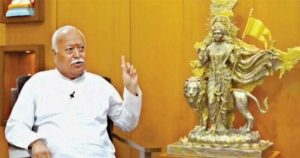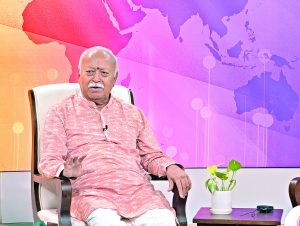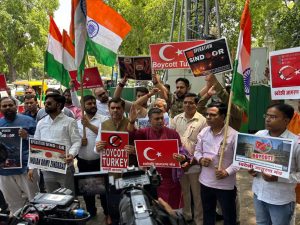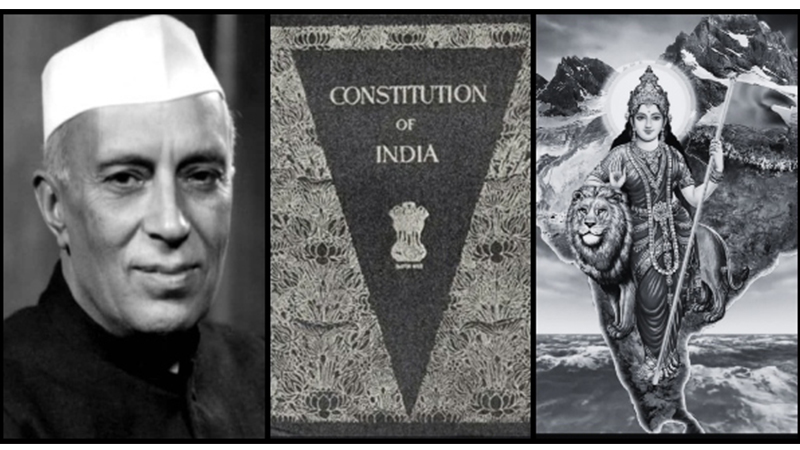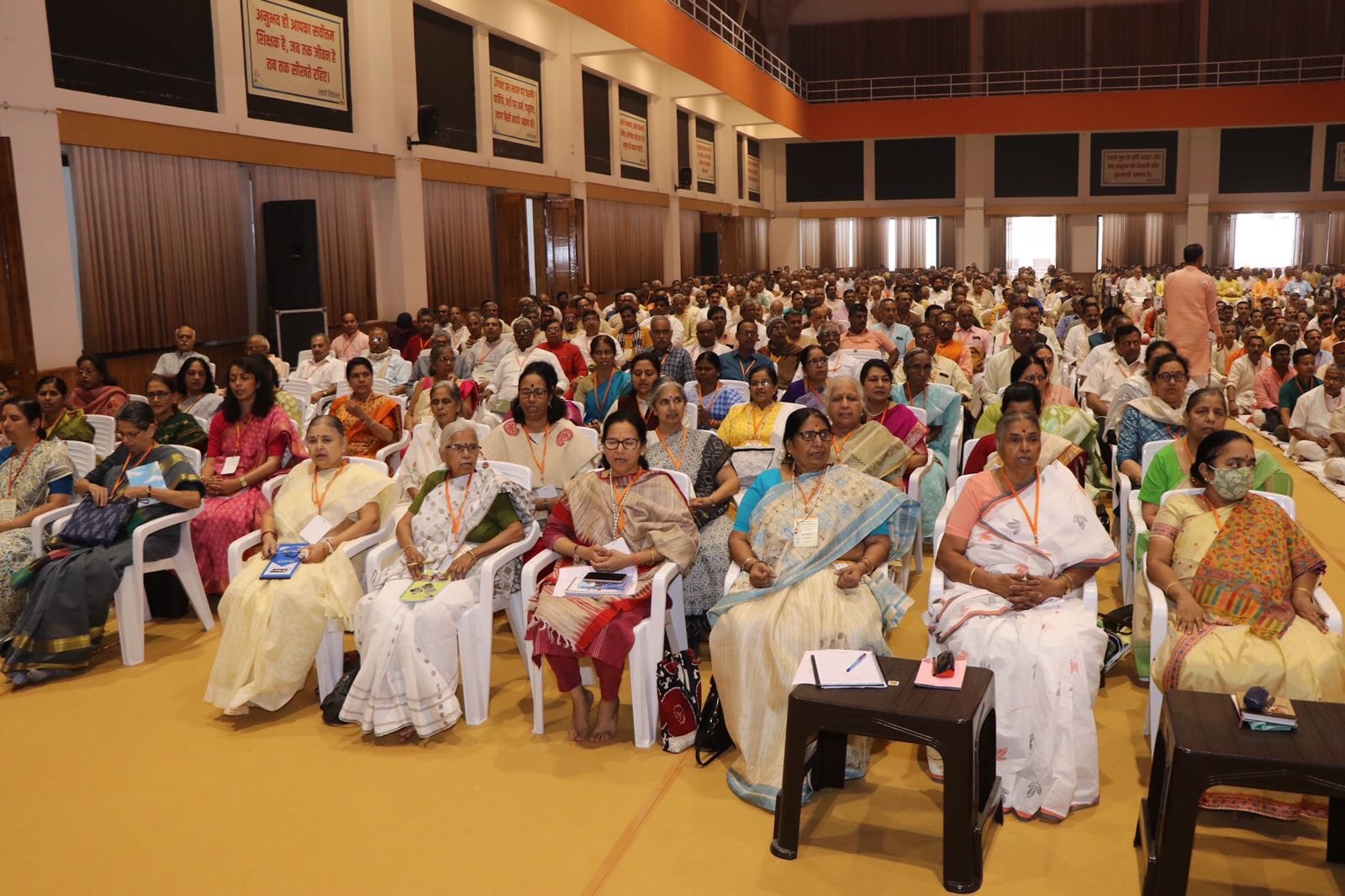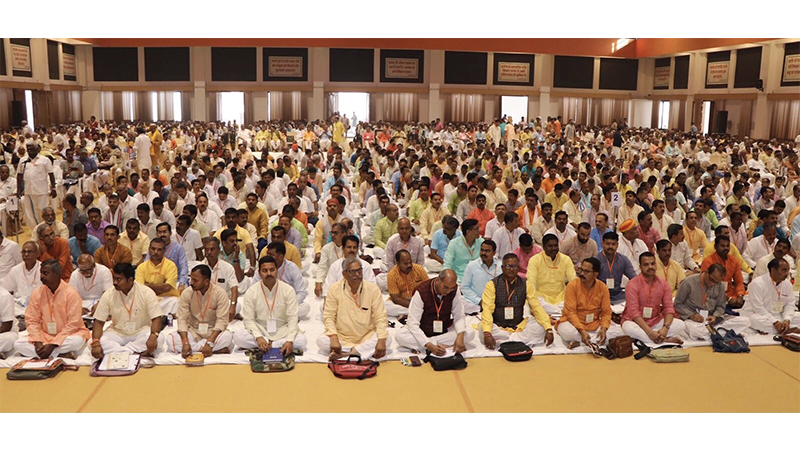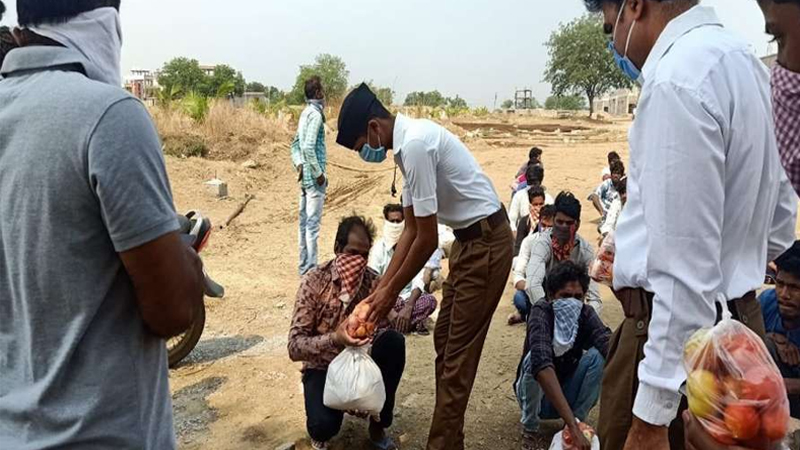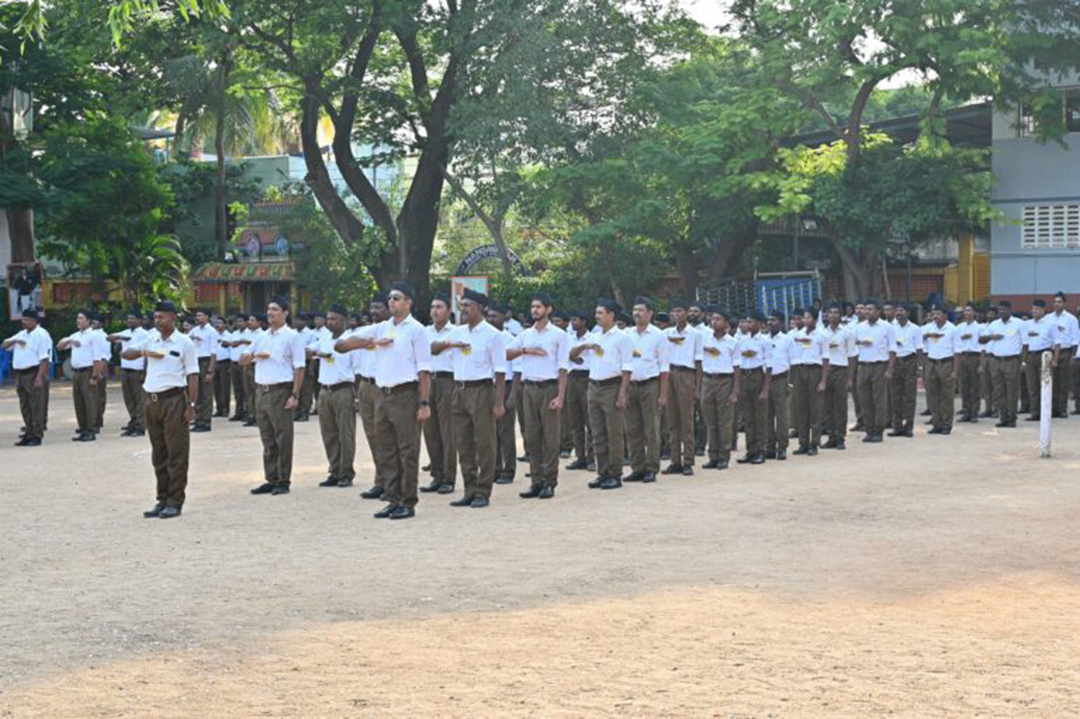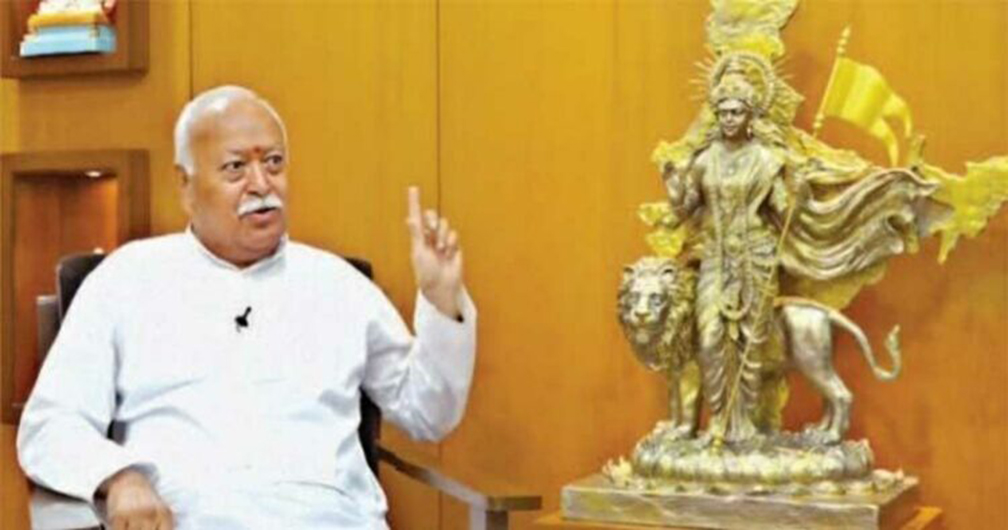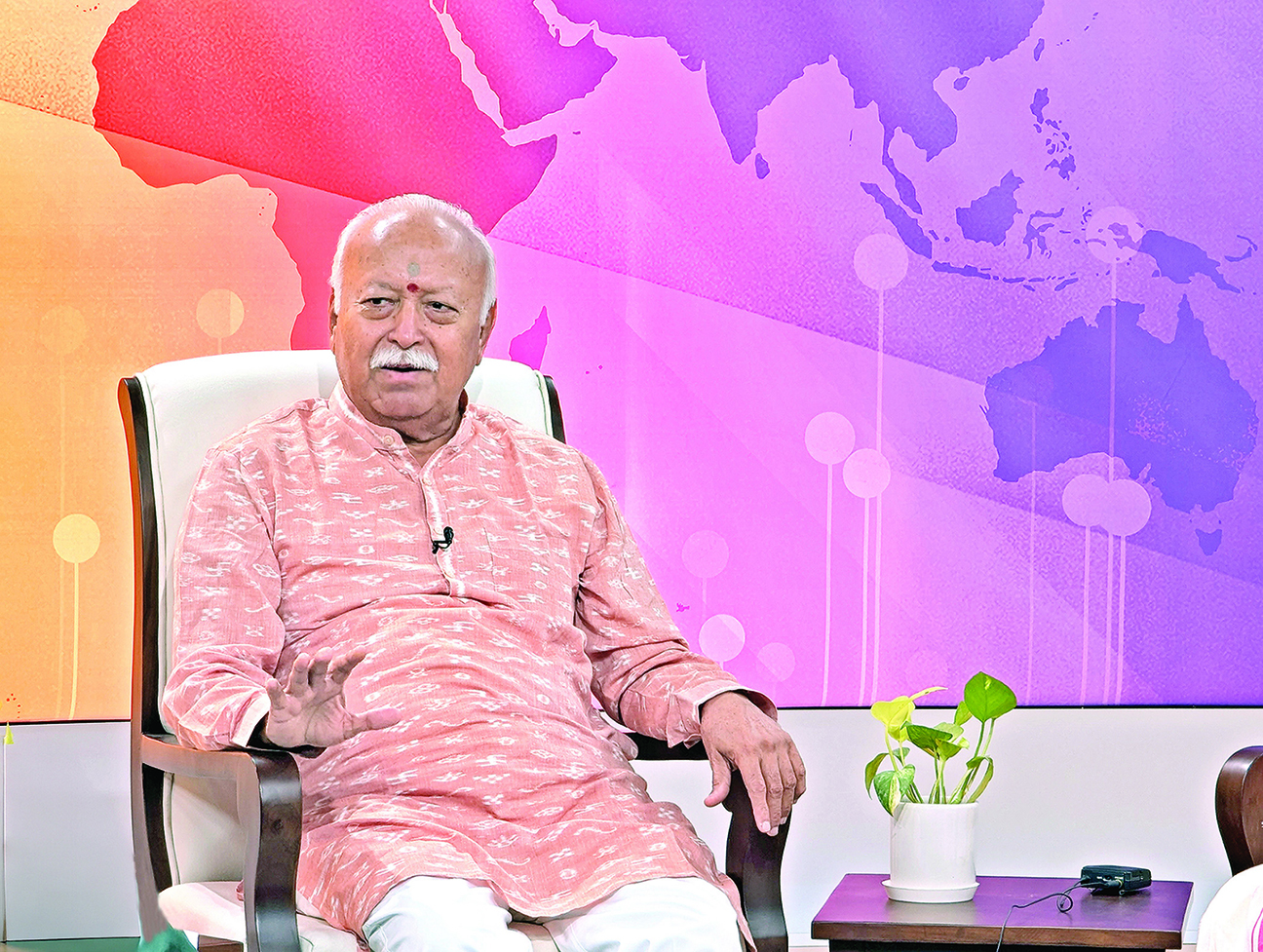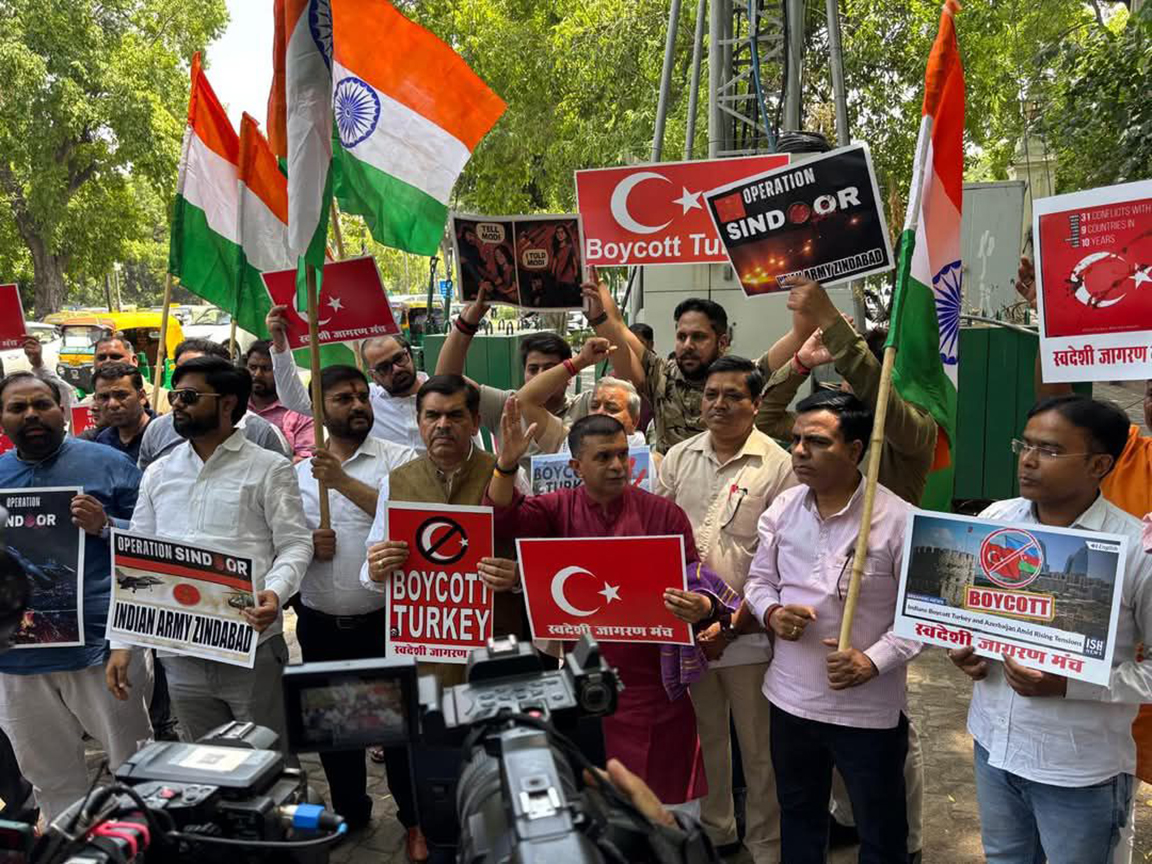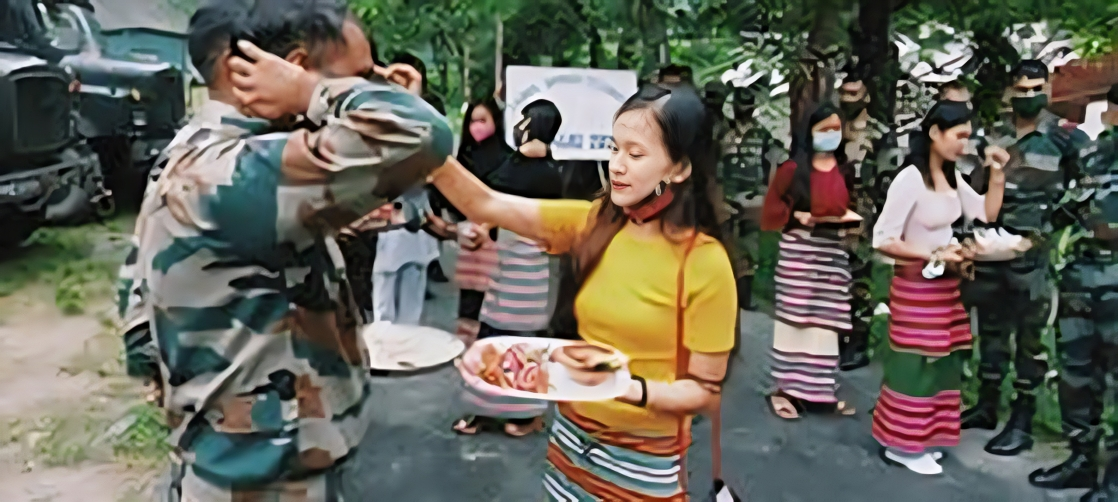India’s largest tribal welfare organisation to focus more on women empowerment
Updated: October 16, 2023 12:55
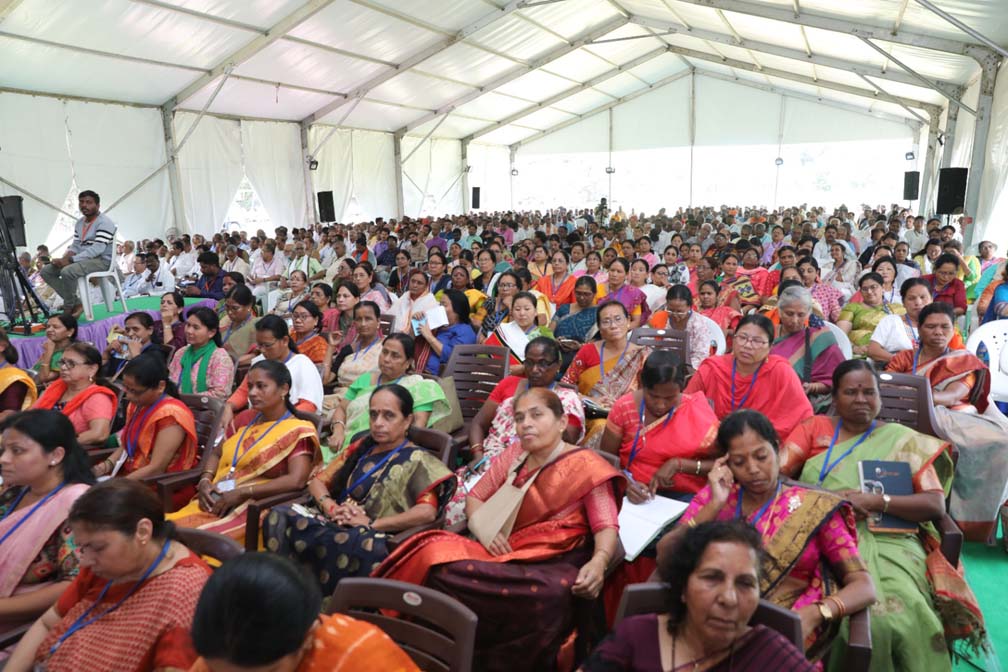
Akhil Bharatiya Vanvasi Kalyan Ashram, an organisation inspired by the Rashtriya Swayamsewak Sangh (RSS), held a three-day meeting of it key workers who are working for welfare of the tribal communities in India from October 6 to 8 at Rashtriya Vidya Kendra, Annojiguda in Bhagyanagar(Hyderabad) in the Indian state of Telangana. This is the largest non-profit tribal welfare organisation of India.
The meeting was attended by its representatives and the functionaries who work at national, zonal and provincial level amongst the tribal communities.
The meeting discussed various social issues including women’s empowerment. The participants hailed the historic Nari Shakti Vandan Adhiniyam (Women’s Reservation Act). This law was recently formulated by the Bharatiya Janata Party(lBJP) led government at the Centre and passed by the Indian Parliament. This new law allocates 33 per cent seats for women lawmakers in the directly elected Lok Sabha(lower house of Indian parliament) and state legislative assemblies.
During the meeting, a decision was taken to organise different activities focusing on empowering women. To commemorate the 500th birth anniversary of Gond(a particular tribe in India) Rani (Queen) Durgavathi, various programmes were planned. A documentary on Rani Durgawati was screened during the event. The volunteers of the organisation, commonly known as Vanvasi Kalyan Ashram(VKA), held discussions on the ways to preserve, protect and promote Janjati (tribal) culture and customs. As part of the efforts to maintain cultural traditions, Janjati Gourva Diwas (Tribal Pride Day) will be observed on November 15.
A special issue of Vanupunyayi magazine was released on the occasion. A book titled ‘Hindu ke Keltik Swajan’, written by Jaipur-based Major SN Mathur and published by Delhi-based Prabhat Prakashan, was also launched. Recently, the Vanvasi Kalyan Ashram had documented stories of 75 tribal freedom fighters as part of Azadi ka Amrit Mahotsav( 75 years of India’s independence) celebrations.
Those who attended the meeting included Vanvasi Kalyan Ashram president Ramchandra Kharadi, vice-president Satendra Singh, general secretaries HK Nagu and Yogesh Bapat, and organising secretary Atul Jog. RSS sah sarkaryawah(joint general secretary) Ram Datta was also present at the meeting. Tripura-based Padamshree(one of the highest civilian honours granted by Indian government in recognition of contribution to society) awardee Bikram Bahadur Jamatia was the chief guest on the occasion. The meeting began with the lighting of the lamp by Swami Kamalananda Bharati. Traditional dances in colourful outfits were presented during the event.
An exhibition organised by the Vanvasi Kalyan Ashram highlighted its activities of the organisation. A non-profit organisation that works for welfare of tribals in India, the Vanvasi Kalyan Ashram, was founded in 1952 by Ramakant Keshav Deshpande, an RSS volunteer in Jashpur, Chattisgarh, by enrolling about a dozen tribal children in a hostel.
Currently, it runs over 22,000 projects at more than 17,000 locations. These include hostels, schools and balwaris (nurseries) for Vanvasi (scheduled tribe) children, dispensaries, spiritual congregation centres, vocational training centres, sports centres and agricultural development centres. The organisation works for the upliftment of the tribal people, which comprise about 10 per cent of the total population of the country, spread across all the states and the union territories.
It has a presence in over 52,000 villages, covering 323 districts. The Vanvasi Kalyan Ashram has nearly 14,000 village-level committees. It has around 1,200 full-time workers, including 300 women. Close to three-fourth of its workers are from the scheduled tribe.

